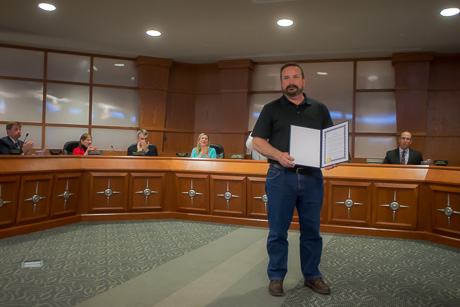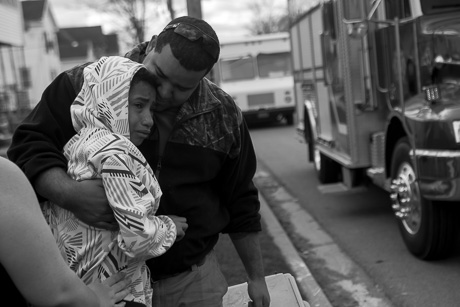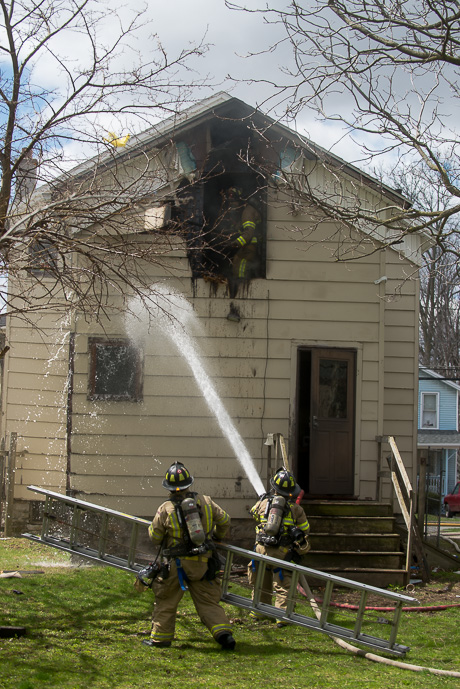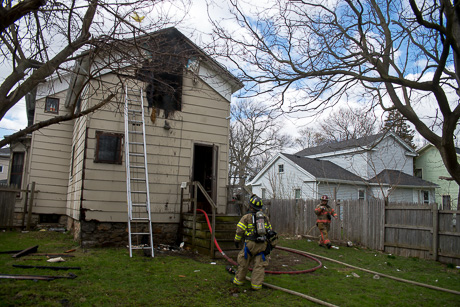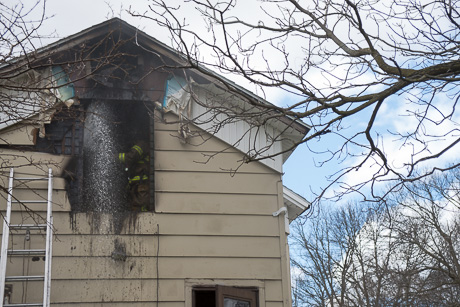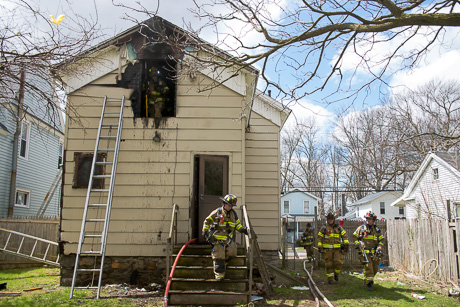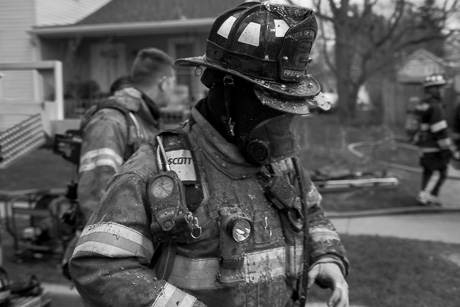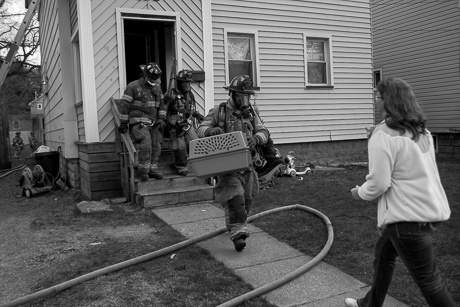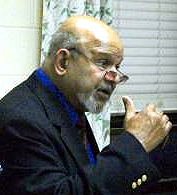Council takes first step to create tax exemption for investment in vacant and abandoned properties
To whatever degree some council members were skeptical of a proposal to create a tax exemption to encourage investment by home buyers into vacant and abandoned houses, that skepticism is gone with the change of the season.
The Batavia City Council voted unanimously to move forward with the process to create the exemption.
That process requires the council to pass a resolution, which it did, asking the Legislature to create a bill and generate a bill number amending the city's local law to create the exemption.
Once that's done, the city can give final approval to the exemption.
The exemption would apply to any single-family home that has been abandoned and vacant for at least three years and a would-be owner-occupant is planning on investing money on restoration.
The targeted home is one where the cost of rehabilitation exceeds the value of the home.
Typically, a home requiring less repair wouldn't yield much in the way of an increase in assessed value, making the proposed exemption of little value.
The exemption only applies to the portion of the property tax generated by an increase in assessed value as a result of improvements to the property.
There are a number -- though the exact number is unknown -- of vacant and abandoned homes in the city that can be salvaged before they completely deteriorate.
City officials have made the point several times that vacant and abandoned properties bring down neighboring property values and are a potential blight on the city.
In a report to Council, City Manager Jason Molino said vacant and abandoned properties are costing the city at least $25,000 in unpaid taxes per property, $11,300 in unpaid fees and fines and more than $500,000 in lost local buying power.
The assessed value of the properties continues to fall while they sit dormant.
The proposed exemption is just one prong in the city's strategy to deal with vacant and abandoned properties. City officials are also trying to inventory all the properties and use code enforcement to get banks, mortgage and/or title holders to deal effectively with the properties or get them on the market.
Creating incentives for potential home buyers to invest in such properties will help spur banks into putting the homes up for sale, it's hoped.
Two previous objections raised by council members were addressed in Molino's report.
First, if the property owner is eligible for more than one exemption, the property owner will receive only one exemption and that will be the one most financially favorable to the property owner.
Second, on the objection that the proposed exemption creates an unfair disparity in benefits, there is already a tax-exemption program in place for property owners who wish to remodel their existing properties. The council approved the exemption in 2010 and it applies to all 3,611 single-family homes and 712 double-family homes in the city. It provides an exemption on the increase in assessed value for remodeling projects with greater than a $3,000 investment.
So far, four property owners have entered the program with an average investment of $33,000 and resulting increase in assessed value of $22,225.
Councilman Eugene Jankowski said he received a number of favorable comments from constituents about the proposed exemption.
"People say we're on the right track," Jankowski said.

